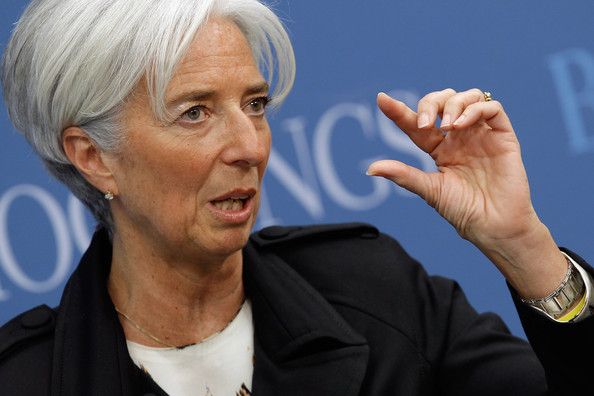The International Monetary Fund, IMF, has again cut the growth projections of Nigeria to negative in its latest World Economic Outlook, WEO, released on Tuesday, July 19.
The outlook projected that Nigeria’s Gross Domestic Product (GDP) will now grow at -1.8 percent from the 2.7 percent projected in April, 2016.
The fund said the negative growth projection is necessary as the economy adjusts to foreign currency shortages as a result of lower oil receipts, low power generation, and weak investor confidence.
With the new projection, Nigeria will now join the league of countries like Russia and Brazil that are already at negative growth due to similar challenges.
The outlook for other emerging markets and developing economies remains diverse. Growth projections were revised down substantially in sub-Saharan Africa, reflecting challenging macroeconomic conditions in its largest economies, which are adjusting to lower commodity revenues.
Declines in excess oil supply – due mainly to a gradual slowdown in non-OPEC production and some supply disruptions (notably in Nigeria and Canada) – helped bolster oil prices. This was reflected in an easing of oil exporters’ sovereign bond spreads from their February-March highs.
Bond yields in the main advanced economies declined further, reflecting compressed term premia as well as expectations of a more gradual pace of monetary policy normalisation, while stock market valuations remained broadly steady.













